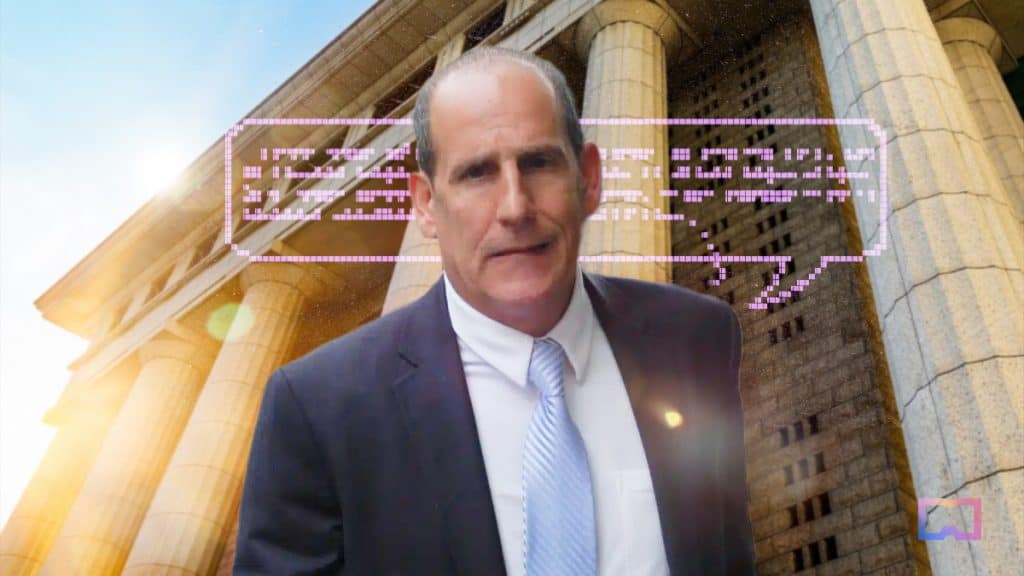Lawyers Face Consequences for Submitting ChatGPT-Crafted Brief Containing Fabricated Citations
In Brief
A U.S. District Judge has imposed a $5,000 fine on attorneys Steven Schwartz and Peter LoDuca for presenting a legal brief created by ChatGPT that featured incorrect legal opinions and phony quotations.
The legal firm Levidow, Levidow & Oberman, which represents the lawyers, respectfully challenges the court's ruling and claims they made an honest mistake.

The federal court ruling in New York, issued by Judge P. Kevin Castel sanctioned held two lawyers accountable for submitting a legal brief produced by ChatGPT. This document was filled with references to non-existent court decisions and included made-up quotes, marking a significant moment as the first penalty for AI use in legal settings.
The U.S. District Judge in Manhattan has decreed that attorneys Steven Schwartz and Peter LoDuca, along with their law firm Levidow, Levidow & Oberman, will incur a $5,000 penalty. Moreover, the judge remarked that the attorneys acted with willful evasion and gave the court misleading information, indicating a lack of good faith. Castel pointed out their neglect of their responsibilities by using an AI-generated brief in a case against Avianca Airlines.
In light of the ruling, law firm Levidow, Levidow & Oberman released a statement on Thursday expressing their respectful disagreement with the court's position.
"We sincerely erred in assuming that a technological tool could generate fictitious cases out of thin air,\"
the law firm stated.
The judge suggested he might have refrained from sanctioning the lawyers had they been transparent about Schwartz employing ChatGPT to assist in drafting the counter-argument in the Avianca litigation.
In May, Schwartz filed an affidavit where he admitted to utilizing ChatGPT to enhance his case research. He claimed he was unaware of the potential inaccuracies in the information presented. Screenshots revealed his discussions with the AI regarding the mentioned cases, which inaccurately affirmed their veracity based on credible legal databases. However, further investigation showed that the AI relied on unreliable sources, underscoring the importance of verifying facts before sharing information online. During the proceedings, Schwartz expressed regret for using ChatGPT and vowed to ensure factual accuracy in the future.
In another ruling on Thursday, the judge granted rejected Avianca's attempt to dismiss the lawsuit filed on behalf of Roberto Mata. Mata claims to have sustained a serious knee injury during an August 2019 flight from El Salvador to New York when he was hit by a metal service tray.
Read more:
- Robot attorney DoNotPay poised to make history in its upcoming court appearance
- EU sanctions are not anticipated to impact NFT holders based in Russia
- Microsoft Expands Bing Chat to Include Advertising Options
Disclaimer
In line with the Trust Project guidelines , please remember that the material found on this site is not designed to serve as, nor should it be considered legal, tax, investment, financial, or any form of advice. It’s crucial to only invest amounts you can afford to lose and to seek impartial financial guidance if you're uncertain. For more details, we recommend consulting the terms and conditions as well as the help and support resources supplied by the issuer or advertiser. MetaversePost is dedicated to providing precise, impartial reporting; however, market conditions can shift unexpectedly.







